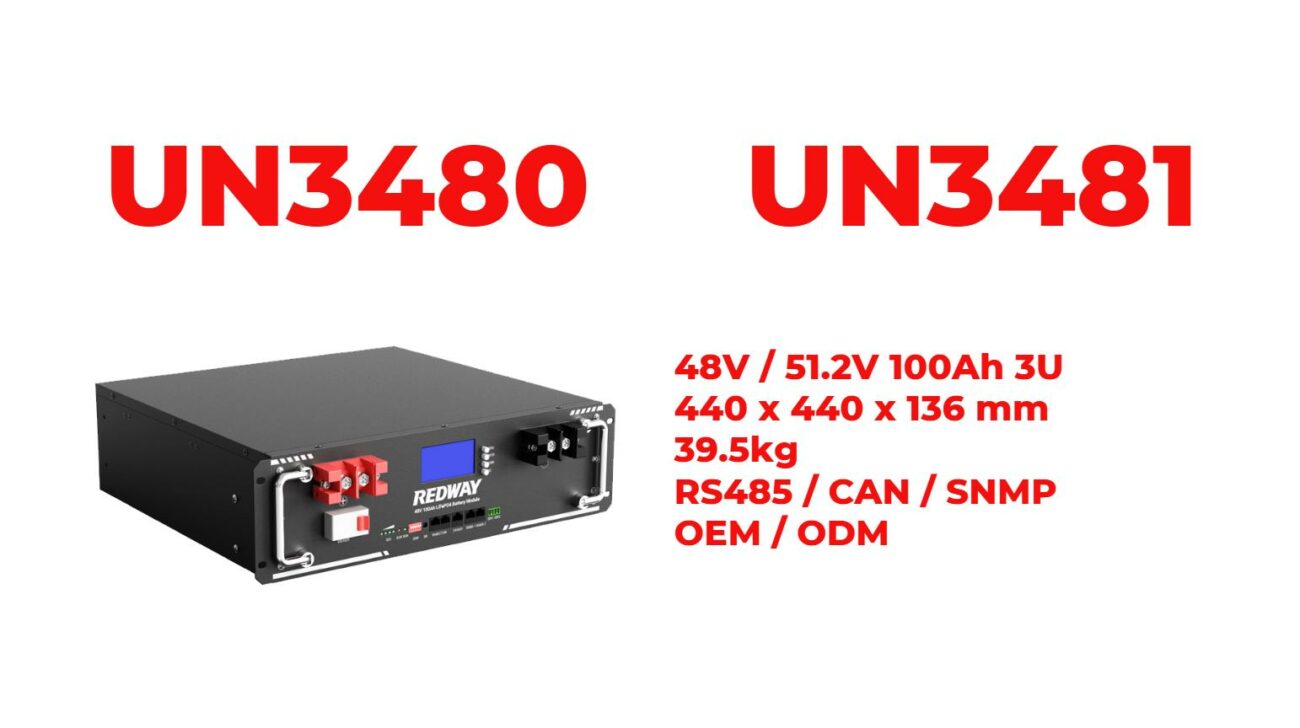How Good Is the Rivian Battery? Insights on Performance and Longevity
Rivian batteries are designed to deliver impressive performance, longevity, and efficiency. Utilizing advanced lithium-ion technology, these batteries provide a range of up to 400 miles, depending on the model and battery pack chosen. Understanding their specifications and performance can help potential buyers appreciate the capabilities of Rivian vehicles.
What Types of Batteries Are Used in Rivian Vehicles?
Rivian primarily uses lithium-ion batteries in its electric vehicles, specifically:
- Lithium Nickel Manganese Cobalt (NMC): This chemistry is used in their larger battery packs, providing high energy density and efficiency.
- Lithium Iron Phosphate (LFP): Recently introduced for cost-effective models, LFP batteries offer enhanced safety and longevity.
Battery Types Overview
| Battery Type | Chemistry | Application |
|---|---|---|
| Lithium-Ion (NMC) | Nickel Manganese Cobalt | R1T, R1S models |
| Lithium Iron Phosphate | LFP | Standard models and delivery vans |
How Does Rivian’s Battery Performance Compare to Competitors?
Rivian’s battery performance is competitive within the electric vehicle market:
- Range: The R1T with a Max battery pack can achieve an EPA-estimated range of up to 400 miles, making it one of the longest-range electric trucks.
- Efficiency: While some reviews indicate that Rivian vehicles may not be as energy-efficient as others, they still provide substantial range compared to traditional gas-powered vehicles.
Performance Comparison Overview
| Competitor | Estimated Range (miles) |
|---|---|
| Rivian R1T Max | Up to 400 |
| Tesla Model X | Up to 348 |
| Ford F-150 Lightning | Up to 320 |
What Is the Expected Lifespan of Rivian Batteries?
The expected lifespan of a Rivian battery is typically between 10 to 20 years, depending on usage and care. Factors influencing this lifespan include:
- Charging Habits: Regularly charging within optimal ranges can prolong battery life.
- Environmental Conditions: Extreme temperatures can negatively affect battery performance.
Lifespan Overview
| Estimated Lifespan | Conditions |
|---|---|
| 10 years | Average usage with moderate care |
| 15-20 years | Optimal care and usage in temperate climates |
How Efficient Is the Rivian R1T Battery?
The efficiency of the Rivian R1T battery is notable:
- Real-World Efficiency: Reports indicate an average efficiency of around 2.0 miles per kWh, which can vary based on driving conditions and habits.
- Charging Times: The R1T can charge from 10% to 80% in approximately 30 to 40 minutes using a DC fast charger.
Efficiency Metrics Overview
| Efficiency Metric | Value |
|---|---|
| Average Efficiency | ~2.0 miles per kWh |
| DC Fast Charging Time | 30-40 minutes (10% to 80%) |
What Innovations Are Present in Rivian’s Battery Design?
Rivian incorporates several innovative features in its battery design:
- Thermal Management System: Advanced cooling techniques help maintain optimal temperatures during operation, enhancing performance and safety.
- Battery Management System (BMS): Sophisticated software manages charging cycles and ensures longevity by monitoring cell health.
- Sustainable Materials: Efforts are being made to incorporate more sustainable materials in battery production.
Innovations Overview
| Innovation Type | Description |
|---|---|
| Thermal Management System | Maintains optimal operating temperatures |
| Battery Management System | Monitors health and optimizes charging |
| Sustainable Materials | Focus on eco-friendly production methods |
Industrial News
Rivian continues to advance its battery technology as it ramps up production for its electric vehicles. Recent announcements highlight improvements in thermal management systems that enhance battery performance under various conditions. Additionally, the company is exploring sustainable practices in battery manufacturing, aiming to reduce environmental impact while maintaining high performance standards.
Expert Views
“Rivian’s approach to battery technology reflects a commitment to innovation and sustainability,” says Dr. Sarah Thompson, an automotive energy expert. “Their focus on thermal management and efficient energy use positions them well within the competitive EV market.”
FAQ Section
- Does Rivian use lithium batteries?
Yes, Rivian uses lithium-ion batteries, including both nickel manganese cobalt (NMC) and lithium iron phosphate (LFP) types. - How long do Rivian batteries last?
Rivian batteries typically last between 10 to 20 years depending on usage and maintenance practices. - What is the range of a Rivian R1T?
The R1T with a Max battery pack can achieve an EPA-estimated range of up to 400 miles. - How efficient is the Rivian R1T battery?
The average efficiency is around 2.0 miles per kWh under normal driving conditions.

